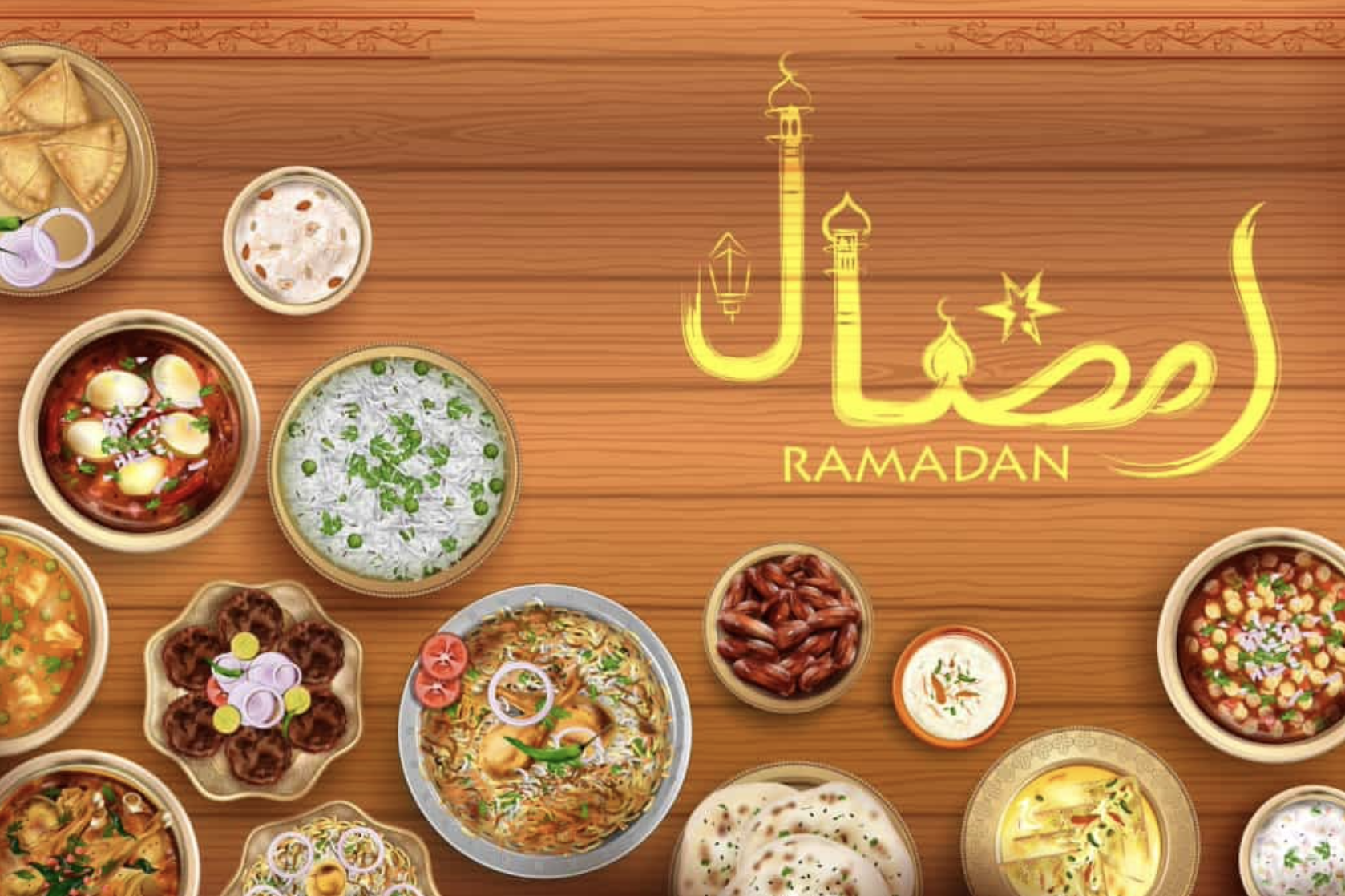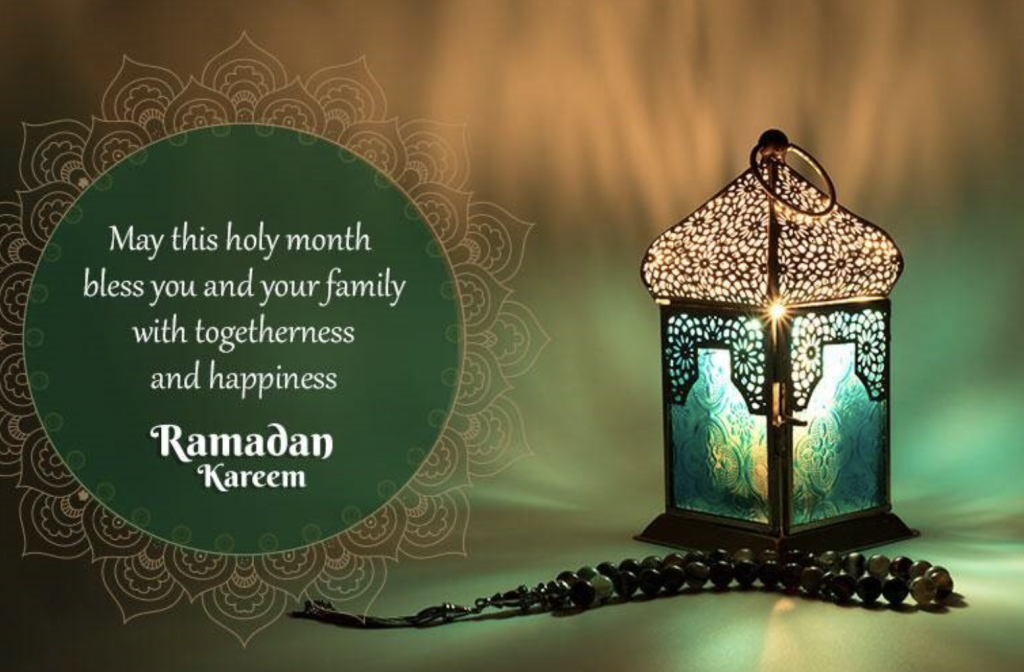
- This event has passed.
Ramadan Food Celebration
April 1, 2022 @ 8:00 am - April 2, 2022 @ 5:00 pm

Happy Ramadan! Colby Cafeteria Food Celebration April 1st and 2nd
“May your Ramadan be blessed (Ramadaan Mubarak) and may Allah accept your good deeds as sincerely done for Him (Taquabbal Allaahu minnaa wa minkum)”
“Ramadan Mubarak, dear friend. I hope this Ramadan brings you happiness.”
Ramadan celebrates the date in 610 CE when, according to Islamic tradition, the Quran was first revealed to the Prophet Muhammad. During the celebration, April 2- May 1, Muslims the world over are called upon to renew their spiritual commitment through daily fasting, prayer, and acts of charity. Although the fasting elements are perhaps the most noticeable parts of observation, Ramadan is much more than abstaining from food and drink. It is a time to purify the soul, refocus attention on God, and practice self-discipline and self-sacrifice. Fasting during the month of Ramadan, called the sawm, is considered one of the five pillars of Islam that shape a Muslim’s life.
The Arabic word for fasting means “to refrain,” not only from food and drink, but also from evil actions, thoughts, or words. The physical fast takes place daily from sunrise to sunset. Before dawn, those observing Ramadan will gather for a pre-fast meal called the suhoor. At dusk, the fast is broken with a meal called the iftar. Both meals may be communal, but the iftar is an especially social affair when extended families gather to eat and mosques welcome the needy with food. To honor Ramadan and those caregivers who celebrate Ramadan, join us on April 1st and 2nd at the Colby cafeteria where they’ll offer a traditional meal representing the beauty and tradition of this celebration.
More ways to celebrate Ramadan with your team or at home:
- Breaking fast: If you have caregivers on your team who work the night shift and celebrate Ramadan, try providing a dried fruit and snack tray in the breakroom when the fast is broken after sundown. (Be sure to follow COVID restrictions around shared food. All food must be prepackaged as individual servings.)
- Virtual Taraweeh! Reach out the Muslim caregivers in your department and see if there is more Providence can do to provide adequate time for prayer or to attend virtual mosques.
- Offer a traditional greeting: During Ramadan, faithful Muslims greet one other by saying “Ramadan Mubarak.” This greeting, which means “blessed Ramadan,” is just one way people welcome friends during this holy time.

Colby cafeteria Ramadan menu:
- Moroccan lentil soup
- Berber bread, hummus and crudité
- Chicken fattoush
- Strawberry labneh
If you have questions about the food celebration in representation of Ramadan please reach out to Diversity, Equity, and Inclusion Committee Lead Brooke Chhina at brooke.chhina@providence.org.
